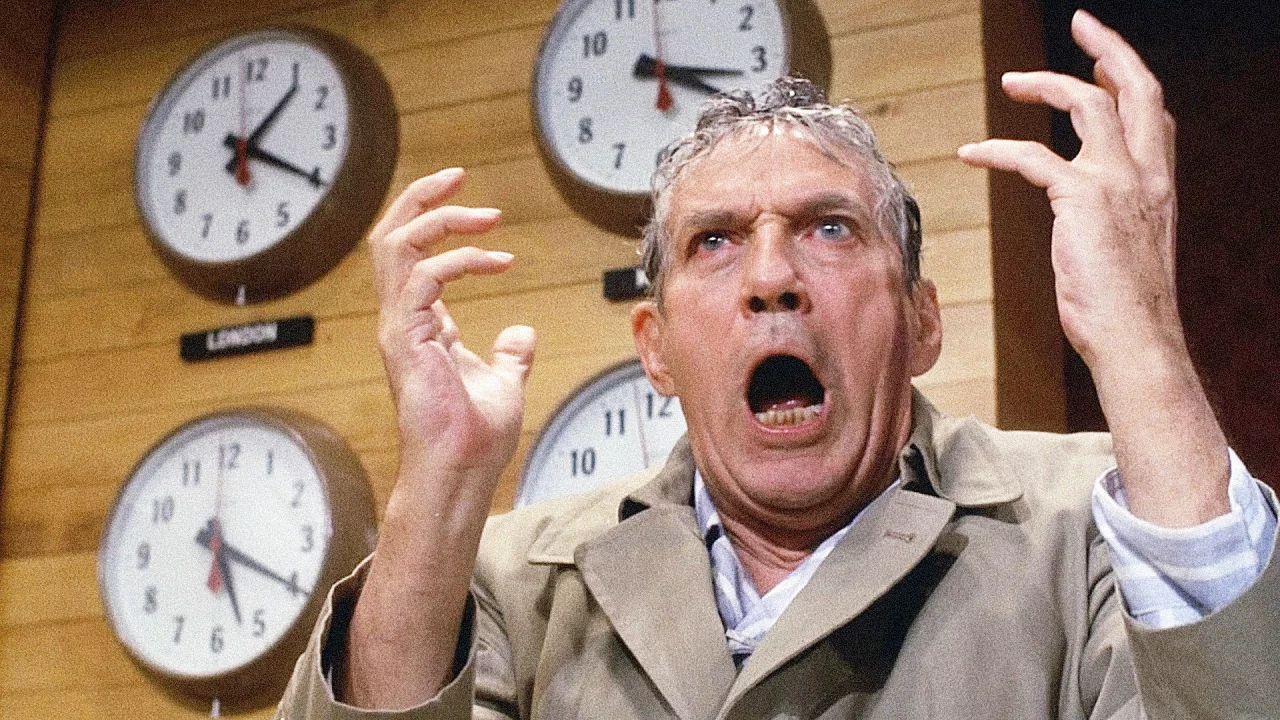 |
| 10 and 2 FTW |
I did not give them a yes/no answer.
Here’s why.
a) We were being put on the spot to answer the question without data.
b) Nuance and Tradeoffs isn’t just a terrible name for a band, it’s how marketers make decisions that are more likely to work out in the long run. If you ask us to make decisions in the dark in a pitch meeting, you are asking us to be omniscient. And, well, no.
Unfortunately for me, my prospect is new to the channel they were asking about. So just telling them no, sorry, data or go pound sand did not seem to be a good way to close a deal. Or look anything like a friendly and non-evasive provider that they would want to work with.
So, I did what many of the folks who have worked with me in the past will recognize as a common move.
I asked a question rather than answer one.
Here’s the question: Assuming you drive, how do you do it?
There are plenty of ways to drive a car, after all. You can clean it up nice and make sure all of your glass and mirrors are perfect, obey every speed limit, drive defensively and more. You can choose the safest possible vehicle, regardless of mileage or comfort, to give you the best chance of getting to your destination without mishap. You can drive an electric-powered car powered by your own solar array, because you want to model good behavior around mitigating climate change. You can rev the engine, gun it at the traffic light, and maybe even run yellow to red lights when you think no one is looking because you need to go fast and just enjoy driving that way
But what you really should be doing is taking the context into consideration and making the best decision for your self and brand. Maybe drive a little differently depending on who is in the car, the time of day, whether there are speed traps or traffic cameras, whether the road is smooth or filled with potholes. Run that red light when the road is empty, and you are getting someone to an emergency room. Take the bigger car when you have more people and cargo. And so on. Drive the way that makes the most sense for your business.
Now, for the vast majority of people and businesses? They are going to drive in a consistent manner while devoting their conscious thought to other matters. Execution can easily become rote, and maybe an extra mile or two of fuel economy isn’t worth having to remember to hit the Fuel Economy Mode button. (My hybrid’s got one of these. Helpful.)
But if you find that your tactics are not reflective of your brand? Or that you keep getting traffic tickets, flat tires, or no one wanting you to drive them anywhere? Change your tactics.
And drive happy.
(Side note: I don’t know if the pitch worked, but I would be surprised if it did not – if only because the prospect used the same analogy back to me later in the conversation. We’ll see.)



